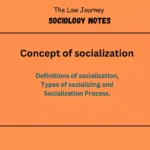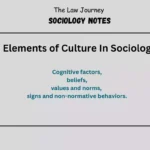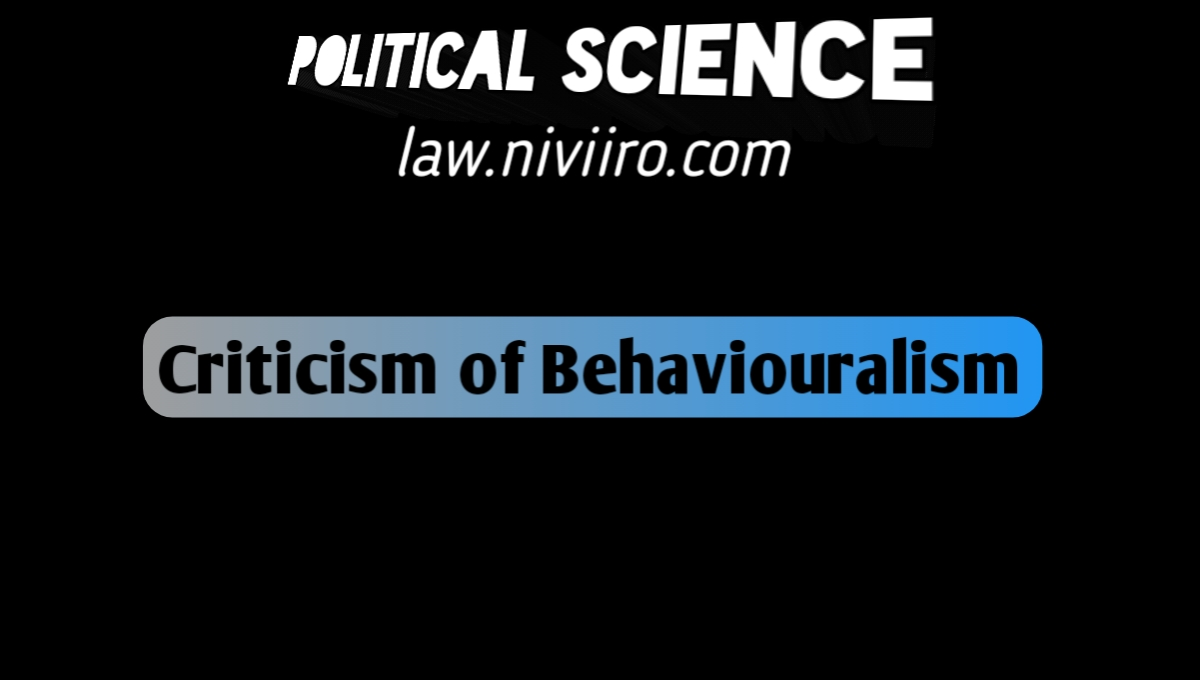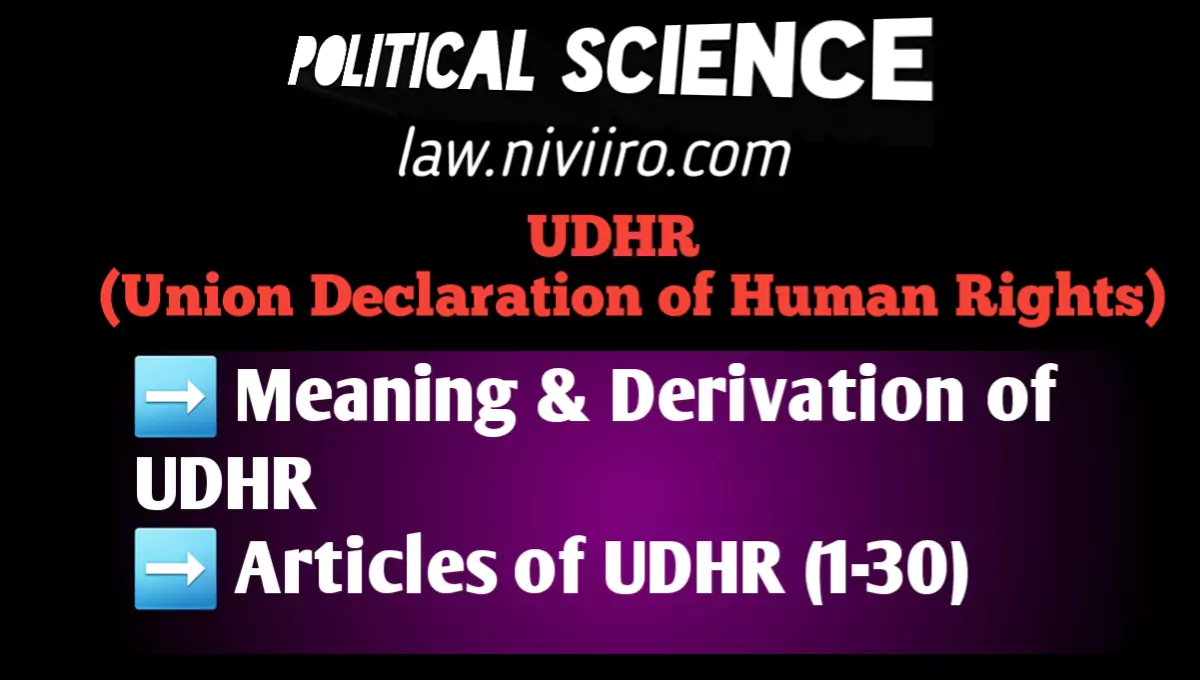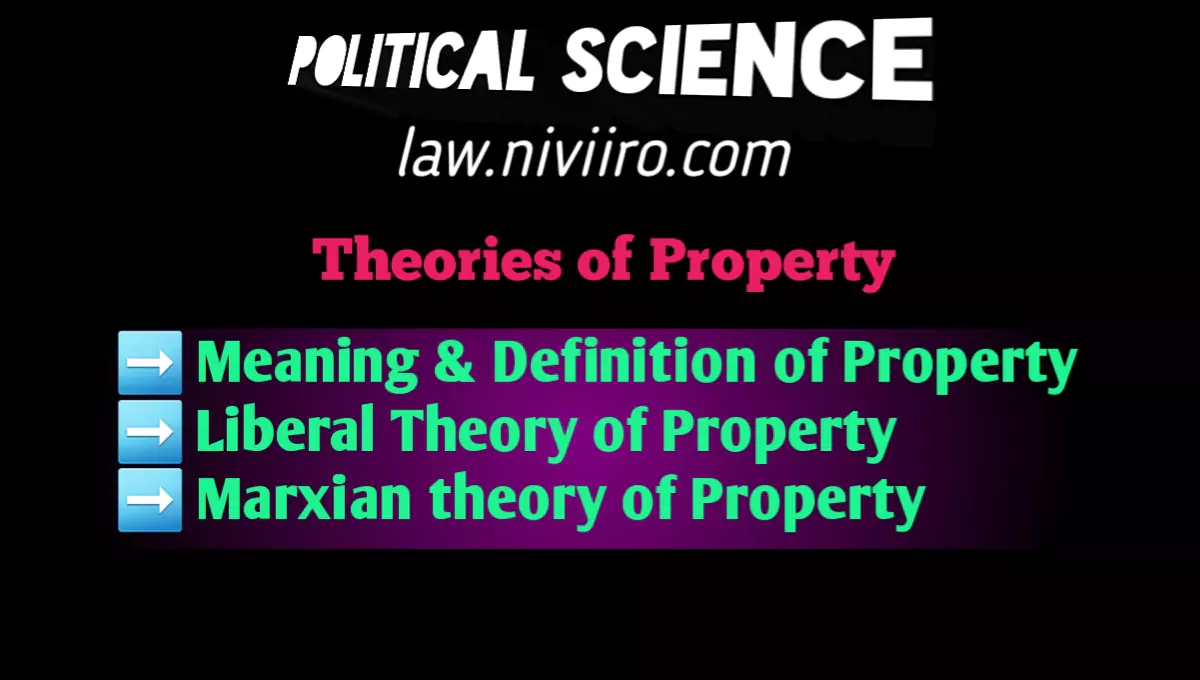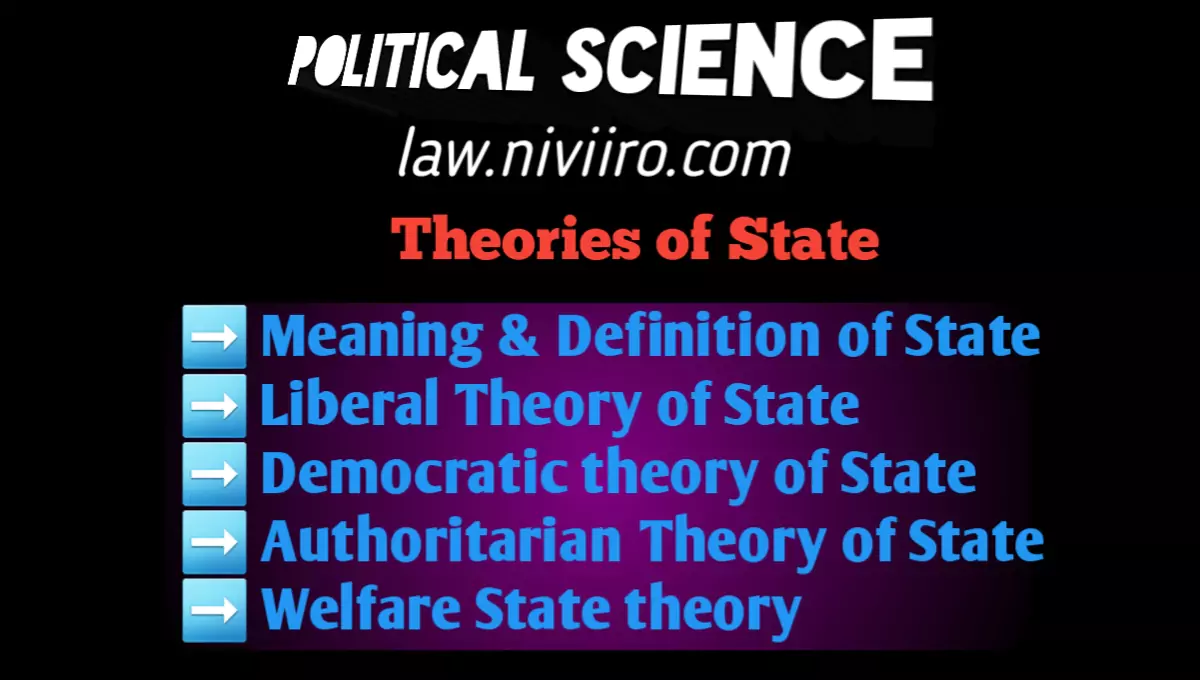Criticism of Behaviouralism- The behavioural school of politics has been heavily criticised. So strong is the criticism that the whole subject of political science seems to be divided into “Behaviouralists” and “anti-behavioulists”. The traditionalists have been harshly criticised by the behavioralists, as have the traditionalists. Kirkpatrick, for example, believes that any argument concerning behavioural approaches and procedures is more often than not oriented at overcoming traditionalists rather than clarifying concerns. Wasby, on the other hand, claims “The behavioural method to studying politics is already well established. Major front-line clashes between the behaviouralists have dwindled to tiny skirmishes, while the combat has not stopped entirely.”
Criticism of Behaviouralism
Behaviouralism has been generally criticised on the following points:
1. Study of politics can never be value-free
Politics, according to critics of behavioralism, can never be value-free, as the behaviouralists believe. Sibley, for example, thinks that values influence the selection of subjects for inquiry. “Values are prior to investigation, whether in politics or any other arena,” Sibley said of the behaviouralists. Before using the behavioural or any other approach, the political investigator, like others, must have some idea of his own hierarchy of priorities. He apparently believes that the ‘political’ realm is more vital to explore than any other.
Whatever the grounds for his decision, value imputations are always present.” In his work ‘Political Theory,’ Arnold Brecht expresses the same sentiment. Brecht presents two propositions:
- The question of whether something is “valued” may be significantly answered only in respect to “(a) some objective or purpose for which it is not beneficial (valuable), or (b) the notions held by a person or group of people about what is or is not valuable, and that as a result:
- It is hard to prove scientifically what goals or purposes are valuable, regardless of (a) the value they have in pursuing their goals or purposes, or (b) someone’s opinions regarding secondary goals or purposes.”
To show that studying politics cannot be “value-free,” Sibley claims that it is impossible to investigate the behaviouralist’s own behaviour (value-biases). “It would seem that, altogether the observer can provide scientific accounts of those he observes, he cannot explain by behavioural methods as usually understood-his own behaviour as an observer. He might, indeed, provide an interesting hypothesis to explain his conduct but this could hardly be verified by the statistical and other methods which he uses to study the behaviour of groups”.
2. Behaviouralism emphasises the importance of behavioural effect at the cost of institutional effects
It should be highlighted that American behaviouralists have completely ignored the influence of institutions on society and have centred their efforts solely on the behavioural aspects of people and groups confined mostly to America. Even the voting behaviour on which American behaviouralists place great attention ignores several issues, such as the invalidation of votes due to defacement or the loss of a vote due to failure to register. This is Wasby says, “The fact that almost all early studies of voting behaviour took place in the United States or within single communities or States made it easy for researchers to forget the possible effects of institutional environment on electoral activity”.
3. Behaviouralism concerns more with Techniques than Results
Wasby has criticised behaviouralism on the grounds that it places too much emphasis on procedures and methods while ignoring the theoretical significance of the subject. While conducting the research, the behaviouralists chose only those issues for which better tools are available and ignored the others. Aside from that, they haven’t given a damn about the results.
4. Behaviouralism as pseudo-Politics
In Bay’s article, “A Critical Evaluation of Behavioural Literature,” Bay differentiates between politics and pseudo-politics. He defines political activity as “all activity aimed at improving or projecting conditions for the satisfaction of human needs and demands in a specific society or community in accordance with some universalistic framework of implicit or explicit priorities.” According to him, pseudo-political activity is activity that resembles political activity but is solely concerned with either alleviating personal neurosis or promoting private or private interest group advantage determined by no articulate or disinterested conception of what should be just or fair to other groups.
In other words, politics should try to advance universal interests. However, behaviouralists exclusively evaluate American interests because they believe American institutions are the best and use their methodologies to demonstrate that these institutions are superior to those of other countries. As a result, S.M. Lipset proposes that the “We can put an end to the age-old search for a good society because we have it now. Democracy, as we all know, is the good society in action “. Leo Strauss also believes that behaviouralists are prejudiced in favour of democracy and the status quo. As a result, behaviuoralism promotes personal or private interests at the expense of universal objectives. As a result, it is phoney politics.
5. Difficulties in studying ever changing behaviour
It is extremely difficult to examine man’s ever-changing behaviour because emotions, ideas, and thoughts change all the time. As a result, no true prediction regarding human behaviour can be made. Furthermore, measuring the role of many elements regulating human behaviour is quite challenging.
6. Demarcation of boundaries amongst different social sciences
Because sociologists, anthropologists, economists, and historians do not understand political science, there must be obvious distinctions between them. Scholars from other social sciences must not be permitted to dominate Political Science. Prof. Sibley has already warned about this risk.
7. Behavioural research depends too much on other sciences
Political Science is depending on other social sciences, particularly sociology and anthropology, and is borrowing so much from them that it is feared that Political Science’s basic identity, integrity, and autonomy will be lost. Although an inter-disciplinary approach can help in comprehending many political problems, it cannot answer all of the complexity of human behaviour.
8. No emphasis on Applied Research
Behavioralists place too much focus on study into human political behaviour but do not apply that research to present concerns. It’s not really useful there.
9. Limited knowledge
Behavioural experiments provide only a limited understanding of human political behaviour. It does not provide real knowledge to solve the world’s pressing challenges.
10. Behaviouralism emphasises static rather than current situations
Behaviouralists have traditionally focused their research on static subjects rather than contemporary issues. They justified this action at first by claiming that they were filling a void created by the researchers in this field, but it can no longer be justified in light of the pressing issues such as the threat of nuclear war, starvation, famine, malnutrition, and so on. All of these pressing concerns have so far been disregarded by behaviouralists since they do not fit their study.
Conclusion
Though behaviouralists have conducted extensive research, they have not applied their findings to the reality of life, instead limiting themselves to a few situations in the United States of America, whereas the Third World faces more pressing issues. So far, behavioralists have done nothing to address them. They have been more concerned with the finer points of skill.
Though behavioralism was born as a reaction against traditionalism, it has allowed itself to degrade by limiting its studies to a few problems in the United States of America. Everyone agrees that the methodology in Political Science should be empirical (behavioural) and value-laden (traditional) when dealing with contemporary social and political challenges, but Political Science must also identify solutions to these problems and put them into action.
Related Post
References
- J.C. Johari, Political Science
- Prof. S.L. Verma, Modern Political Theory
- M.P. Jain, Political Theory liberal and Marxiam
- Prof. H.C. Verma, Modern Political Theory
- V.D. Mahajan, Political Theory
- R.C. Agarwal, Political Theory
Sources













